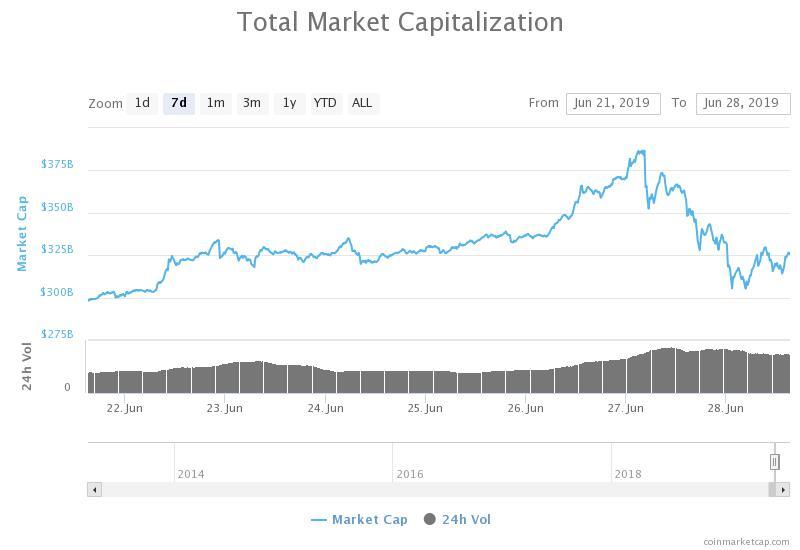Russia Won’t Ban Facebook’s Libra After All, Hints Full Crypto Regulation

Facebook's crypto Libra earns a Russian reprieve from an unlikely source, the country's deputy finance minister. | Source
According to local reports, Russia will not go out of its way to ban Libra, a crypto asset created by the Libra Association, an international consortium started by Facebook.
Alexei Moisseev, the deputy finance minister of Russia, told publications that a legislative framework for crypto assets will soon be formed and Libra is likely to fall under it.
A rough translation of the statement of Moisseev read:
No one is going to ban. A large number of businesses ask when it will finally be possible to legally conduct an ICO transparently, this will definitely be regulated, permitted, and that’s all.
For many years, analysts anticipated Russia to release a regulatory framework for crypto assets and blockchain-related entities following the order of Russian President Vladimir Putin in February to adopt regulations for the crypto sector.
Further, Moisseev’s statement directly contradicts a recent state press report that suggested Libra will be outlawed.
Libra acceptance part of full crypto regulation?
Based on the statement of Moisseev, the Ministry of Finance seems to be gearing towards regulating the crypto space.
Earlier this month, the G20 said in a communique released by the Ministry of Finance of Japan that crypto assets can deliver significant benefits to the global financial system if proper anti-money laundering (AML) and measures of countering the financing of terrorism (CFT) are set in place.
The G20’s communique read :
Technological innovations, including those underlying crypto-assets, can deliver significant benefits to the financial system and the broader economy. While crypto-assets do not pose a threat to global financial stability at this point, we remain vigilant to risks, including those related to consumer and investor protection, anti-money laundering (AML) and countering the financing of terrorism (CFT). We reaffirm our commitment to applying the recently amended FATF Standards to virtual assets and related providers for AML and CFT.
Without proper regulatory frameworks and legislation in place, there exists a possibility that the crypto market could move out of a transparent and a regulated environment to an underground market that is harder for authorities to monitor and provide oversight in.
For authorities, whose primary objective in monitoring the crypto market is to prevent terrorist financing and money laundering, leaving the crypto exchange market unregulated is counterproductive and inefficient.
In major crypto markets like South Korea and Japan, strict policies have been implemented to prevent exchanges from dealing with criminal proceeds and funds connected to criminal activities.

Japan, in particular, has implemented a licensing system for crypto exchanges, having the Financial Services Commission (FSC) manually approve each exchange that operates in the local market.
Several countries with strict capital controls in place have been reluctant towards regulating the cryptocurrency sector.
Russia may have been reluctant towards the implementation of a unified regulatory framework for cryptocurrencies because the central bank may believe it would encourage the usage of crypto assets in the region.
Similar to South Korea
In the near term, Russia is not likely to offer a full legislative framework for cryptocurrencies including Libra. Due to opposition from pro-crypto markets as well in the likes of France, Libra is also unlikely to see mass adoption in the upcoming months.
Instead, Russia and its finance ministry is likely to adopt a cautious approach in regulating the digital asset space, similar to the early days of the crypto market of South Korea.